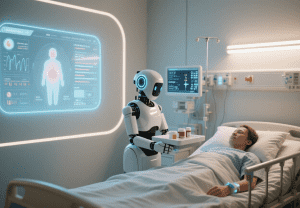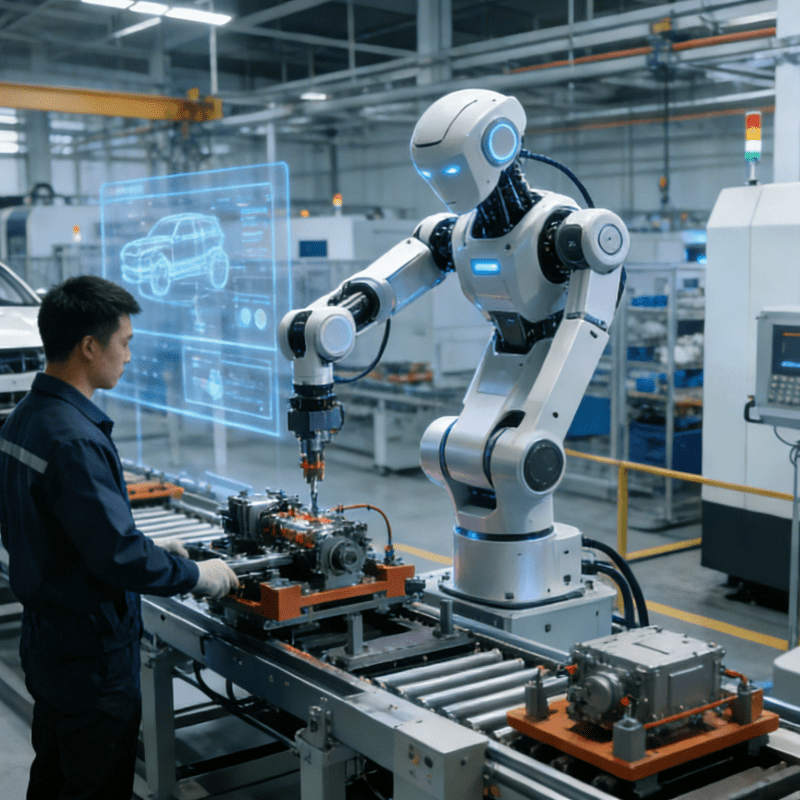Table of Contents
ToggleArtificial intelligence and intelligent automation power cancer treatment innovation

For people with a cancer diagnosis, understandable and reliable information is crucial – but often elusive. The wording of medical guidelines and advice is frequently too complex, while online misinformation runs rampant. Now, researchers at the Technical University of Munich (TUM) and TUM University Hospital have received funding to leverage intelligent automation through the AIdvice project. The initiative aims to translate evidence-based medical knowledge into personalized, accessible answers, merging cutting-edge AI with structured data systems to bridge the information gap in oncology care.
Around two thirds of all cancer patients seek online information about their illness, navigating chatbots, forums, and portals where content is often obsolete, incomplete, or false. Medical specialists face similar challenges when referencing digital resources for treatment protocols or medication dosages. This gap is the starting point for the AIdvice Assistant, an AI-supported search tool developed by TUM researchers. With $1.5 million in funding from the Accelerator: Generative AI, the project is among 20 global non-profit initiatives harnessing technology for social good.
Individualized and understandable information
The AI-based AIdvice Assistant integrates a large language model (LLM) with a specialized knowledge database of cancer treatment guidelines. Users—patients or clinicians—can query the chatbot about any oncology topic, similar to mainstream LLMs. Unlike generic tools, however, it draws exclusively from evidence-based data in its database, minimizing risks of “AI hallucinations”—invented or misleading responses.
“We don’t want the language model to merely deliver answers,” says Florian Matthes, TUM professor of Software Engineering for Business Information Systems. “Every response must undergo fact-based review: broken into statements, checked against our database, and linked to original sources like medical guidelines.” This transparency ensures every piece of information can be traced to its authoritative origin.
The tool serves dual purposes: empowering patients and families to understand treatment options, side effects, and prevention strategies, while relieving clinicians’ workload by providing rapid access to evidence-based knowledge and direct source citations.
Use in clinical settings
“In the pilot phase, we’ll test the chatbot in clinical environments, integrating industrial automation principles to ensure seamless workflow integration,” says Dr. Jan Peeken, senior managing physician at TUM’s Department of Radiation Oncology. “The system’s architecture, inspired by automation equipment design, allows modular upgrades as our database evolves.” The team plans to roll out the assistant nationwide in German clinics and practices, with expansion to European markets underway.
Patient data will be stored on clinic servers during the pilot, later migrating to German-based healthcare-compliant servers that adhere to strict data protection laws. By grounding AI responses in verifiable medical standards, AIdvice exemplifies how intelligent automation can redefine evidence-based care—where precision, reliability, and accessibility become hallmarks of modern cancer treatment.
This fusion of AI and automation technologies highlights a broader paradigm: smart systems no longer confined to manufacturing floors, but transforming healthcare itself. TUM’s initiative proves that when AI meets rigorous medical expertise, it can empower patients, optimize clinical workflows, and drive innovation in oncology care delivery.




















